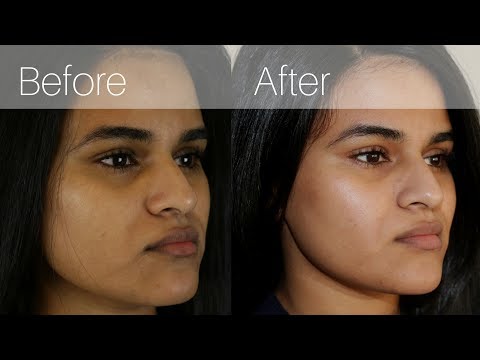ACNE SCARS TYPES, CAUSES, AND TREATMENTS |
WHAT CAUSE ACNE SCARS
Acne scars are caused by inflammatory acne lesions, such as papules (pink raised bumps), pustules (pink bumps with white pus), or cysts. There are several factors that contribute to the risk of developing scars. First, it may be genetic: if you have family members who have acne scars. Then, you’re at a higher risk of developing them too. Your skin type also affects the types of scarring.
Second, people with lighter complexions may be more prone to acne erythema (persistent redness) after inflammatory acne. While those with darker complexion patients may be more prone to post-inflammatory hyperpigmentation (PIH) or brown blemishing.


